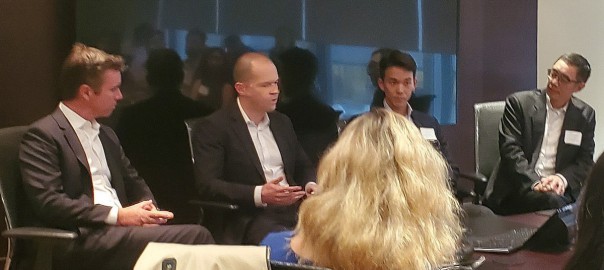In a research forum shared by Google and NASA, the first claim of quantum supremacy was made. The report was removed from the site after the story was broken by the financial times.
A quote from the news breaking article; “Google claims to have built the first quantum computer that can carry out calculations beyond the ability of today’s most powerful supercomputers, a landmark moment that has been hotly anticipated by researchers. Google, claimed that their processor was able to perform a calculation in three minutes and 20 seconds that would take today’s most advanced classical computer, known as Summit, approximately 10,000 years.”
Source: “financial times, google claims to have reached quantum supremacy”.
What is quantum supremacy?
Quantum supremacy means that calculations have been completed by quantum computers that would take classical computers an insurmountable amount of time. This is an important milestone and indicator as to the viability and readiness of quantum computing for commercial applications.
The research paper from Google noted “This dramatic speed-up relative to all known classical algorithms provides an experimental realisation of quantum supremacy on a computational task and heralds the advent of a much-anticipated computing paradigm”.
A link to the article is available by searching google for “Financial Times, Google claims to have reached quantum supremacy”.
What does this mean for enterprises?
Enterprises should be paying attention to this breakthrough. Quantum supremacy indicates that quantum computers are getting stronger. It will not be long before enterprise grade, powerful quantum computers are in the hands of the public and potential bad actors. IronCAP’s API is available to protect enterprise digital assets and infrastructure from the threat of quantum computers.
IBM has also announced an opening of a quantum computation centre in New York State. 14 quantum computers, including the latest version a 53-qubit quantum computer will be available to commercial clients starting in October. Director of Research, Dario Gil is quoted; “Our strategy, since we put the very first quantum computer on the cloud in 2016, was to move quantum computing beyond isolated lab experiments conducted by a handful of organizations, into the hands of tens of thousands of users”.
More information is available at IBM’s newsroom (September 18th, 2019).

